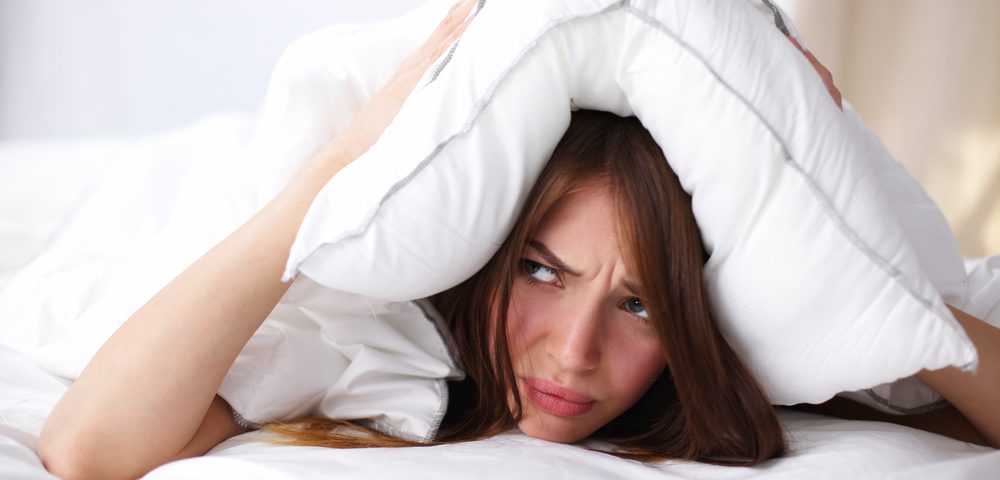Anxiety Due to COVID-19 and Treatment Access High in Iran, Survey Finds

A survey of people with Parkinson’s disease in Iran found significantly higher levels of anxiety due to the COVID-19 pandemic among them compared with the general population, a study reported.
Patients’ anxiety was primarily driven by fears of contracting the virus as well as not having access to medication.
The study, “Incidence of Anxiety in Parkinson’s Disease during Coronavirus disease (COVID-19) pandemic,” was published in the journal Movement Disorders.
Anxiety is known to trouble people with Parkinson’s disease more frequently than those with other chronic medical conditions. Those feelings can be heightened by the recent outbreak of SARS-coronavirus-2, the virus that causes coronavirus disease 2019 or COVID-19.
For this reason, researchers at Shahid Beheshti University of Medical Science, in Tehran, surveyed Parkinson’s patients who were referred to the local movement disorders center.
Their online-only study was based on the Beck Anxiety Inventory (BAI) questionnaire — a 21-item self-reported survey of anxiety, with scores ranging from 0 to 3 for each item. A higher total BAI score reflects higher levels of anxiety.
A total of 137 people diagnosed with Parkinson’s responded to the questionnaire, along with 95 caregivers. As a comparison, 442 people without Parkinson’s or dementia, matched by age and sex, were also surveyed. The average age of the patients was 55, and around two-thirds were women.
Demographic information regarding levels of education and occupation were also collected, as was information on disease duration, co-existing conditions, and medication use independent of Parkinson’s therapies.
The analysis found a significantly higher average BAI score for anxiety (18.34) among Parkinson’s patients compared with the control group (average of 8.9). Among caregivers, the average BAI anxiety score was 10.53.
Severe anxiety was reported in more than 25% of patients, compared with 4.8% of control participants; 56.3% of the control group reported no anxiety while 18.2% of patients felt the same. A majority of caregivers, 60%, had some level of anxiety, with 4.2% reporting severe anxiety.
As expected, fear of catching the virus correlated with anxiety in Parkinson’s patients, and strongly with the severity of anxiety. While disease duration was not linked to anxiety severity, those with co-existing conditions expressed higher levels of anxiety.
Around 20% of patients reported the Covid-19 pandemic had worsened their symptoms, and almost half were concerned about access to ordering medications. Up to 28% of patients believed they were more susceptible to the infection than others, and 12% reported using more Parkinson’s medications during the pandemic than they had previously.
“Although long term impact of COVID-19 pandemic on [Parkinson’s] patients is yet to be determined, it seems that these patients are more prone to psychological disturbances due to imposition of quarantine measures, social distancing and fear of getting infected by COVID-19,” the researchers wrote.
“These psychological disturbances may be due to worsening of a preexisting anxiety, uncertainty regarding obtaining medications during lockdown and perceived higher risk of contracting COVID-19 due to an underlying chronic medical condition,” they added.






